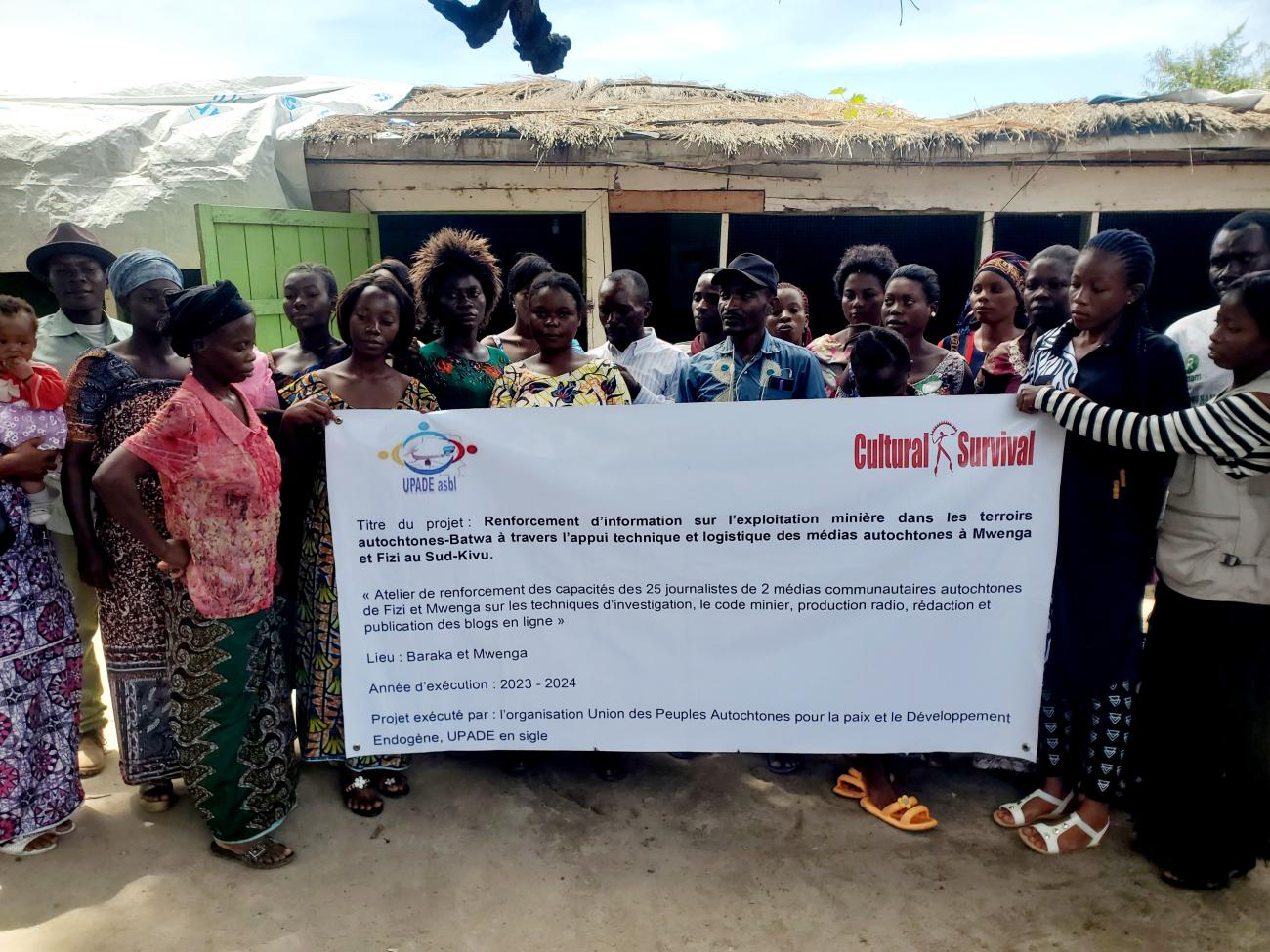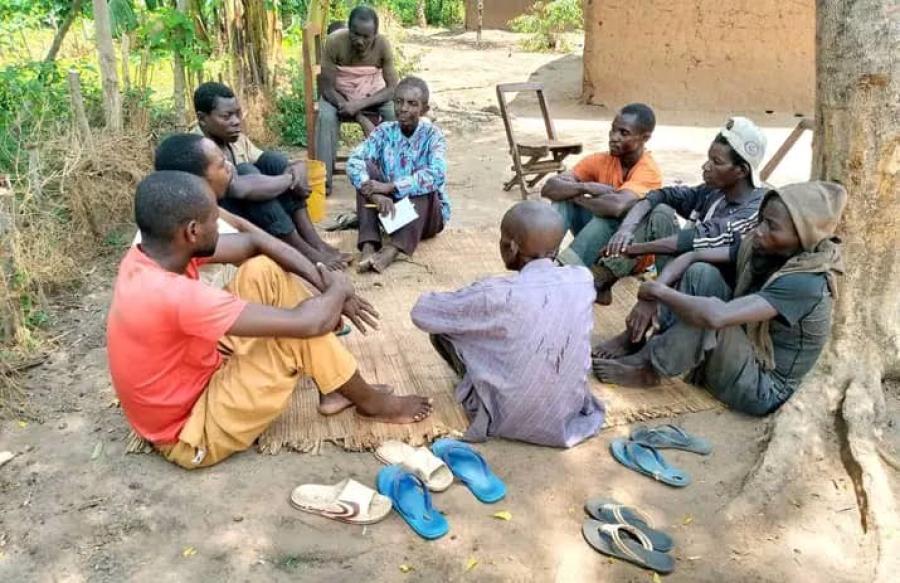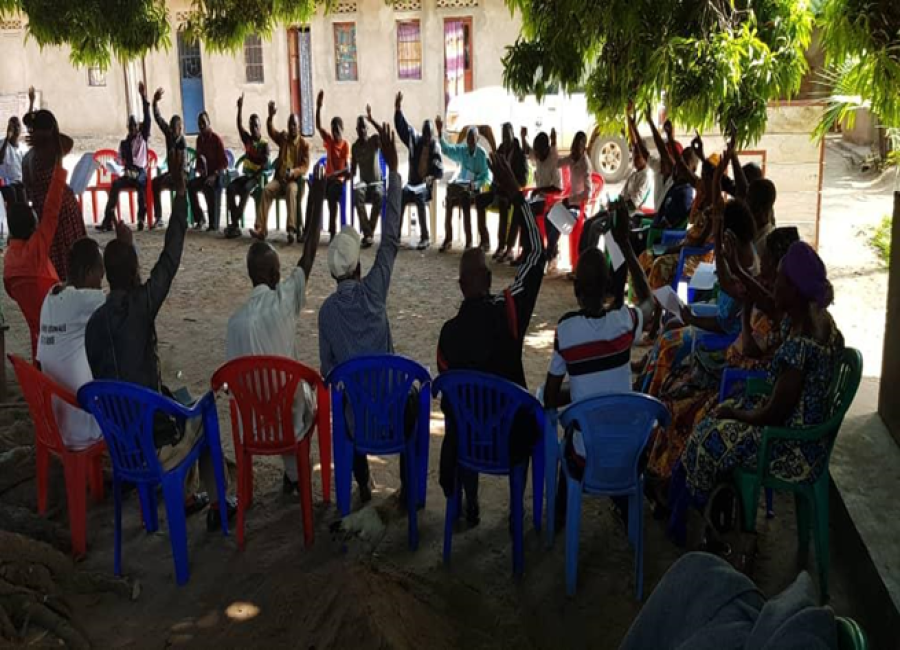
By Feza Christine, reporter at UPADE Radio Communautaire d'Itombwe (RCI)
In the mining regions of South Kivu, Democratic Republic of Congo, the allure of easy money has created a breeding ground for sexual exploitation, especially targeting young Indigenous girls. The influx of cash from mining activities has led to a surge in predatory behavior, with miners and mining company employees using their newfound wealth to lure vulnerable girls into exploitative relationships.
"It's becoming normal here, seeing adult employees of mining companies and other miners deceive children with their meager earnings. Lacking the financial means to farm and eat, they leave themselves at the mercy of men," said Nyansinde B., a young Indigenous woman residing in the mining town of Misisi.
This pervasive problem has dire consequences for Indigenous girls, for whom the lure of financial security often forces them to abandon their studies, perpetuating a cycle of poverty and exploitation.
"We see it with our own eyes—it prevents girls from going to school," B. said. "If there aren't strict laws, we won't have women leaders to defend society in the future."
Misisi, Mukera, and Kananda in Fizi territory are identified as hotspots for the sexual exploitation of young Indigenous girls by mining operators. Local Indigenous leaders confirm the alarming prevalence of this issue and are deeply concerned for the well being and future prospects of their young girls.
Lokele Janvier, a human rights defender, expressed his dismay at the situation and the inaction of government agencies. "It's good that parents and communities, together with police and administrative authorities, put an end to this problem," he said. Janvier also advocates for increased awareness among foremen, girls, and parents about the devastating consequences of sexual assault in mining environments.
The Union of Indigenous Peoples for Peace and Endogenous Development (UPADE), an organization dedicated to promoting education and development, fears for the future of young girls in these regions if appropriate measures are not taken to address the escalating cases of sexual harassment on mining sites.
The exploitation of Indigenous girls in South Kivu represents a grave threat to their education and overall well being. Concerted efforts must be made by government agencies, mining companies, local communities, and organizations to combat this problem. Stricter laws, increased awareness campaigns, and improved enforcement are crucial steps toward protecting vulnerable girls and ensuring their access to education and a brighter future.
In 2023, UPADE-Radio Communautaire d'Itombwe (RCI), received a grant from Cultural Survival’s Indigenous Community Fund, which provides opportunities for international Indigenous radio stations to strengthen their infrastructure and broadcast systems and creates training opportunities for journalism, broadcasting, audio editing, technical skills, and more for radio journalists from Indigenous communities around the world. In 2023, the Indigenous Community Media Fund supported communities with 60 grants totaling $420,000 to Indigenous community media in 20 countries, supporting 87 Indigenous Peoples.


